The views expressed in our content reflect individual perspectives and do not represent the authoritative views of the Baha'i Faith.
A quote often attributed to James Baldwin expresses a profound truth, “To be African American is to be African without any memory and American without any privilege.”
African Americans endure systemic and institutionalized racism as people of African descent, while also not being able to identify with any specific ancestral country — and hold on to the language, culture, and heritage that comes with it — because the passing down of these ancestral roots was forbidden in slavery.
Initially, I thought this experience was unique to the African American community. However, after speaking with two Afro Latinas — Black women in Brazil who are leading powerful efforts to advocate for Afro-Brazilian rights — I realized that the oppression and cultural homicide for those of us who descend from enslaved Africans is universal across the Americas.
The Racism and Sexism That Black Women in Brazil Face
Despite 56 percent of Brazilians identifying as Black — the largest population of African descent outside of Africa — Blackness in Brazil is still often linked to inferiority.
RELATED: How MLK Sought to Restore Dignity to Black People
Carolina Almeida, a philosopher, internationalist, and political scientist, shared that as children, they are raised with the understanding that the farther they are away from Blackness, the greater the person they are going to be.
She says, “So, identifying as a Black woman or as a Black man in Brazil is a great step, actually a great social and, also, emotional step to be achieved, because we are constantly being persuaded by everything around us that being Black is bad, it’s ugly, it’s not interesting.”
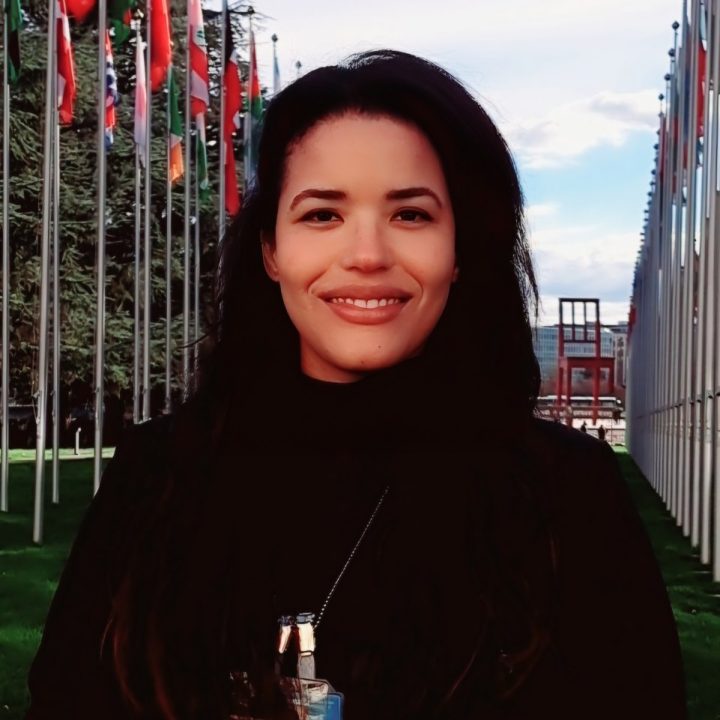
In a 2022 letter to the Baha’is in the Democratic Republic of the Congo, the Universal House of Justice, the globally elected governing council of the Baha’i Faith, discussed how this “crisis of identity is directly related to the spread of prejudice.”
Leticia Leobet, a social scientist specializing in anthropology, added:
In terms of my daily life as a Brazilian, the impact of racism added to misogyny is notable. And more than in my daily life, it has an impact on the construction of [my] self, my inner identity. So, it is an action that devoids you from any perspective of [the] future — who you want to be, what you want to do, and how you see yourself in the world. So you lose all that. We are forged in a way that we don’t believe in our potential, in our capacities.
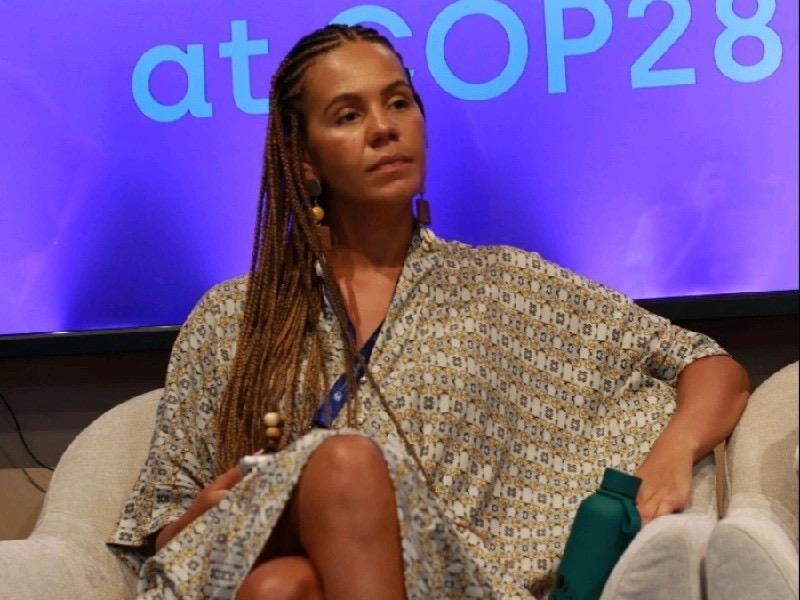
Her experience echoes the insights shared by the Universal House of Justice in a 2020 letter to the Baha’is of the United States, which emphasized how racism suppresses individuals’ abilities to realize their full potential:
Racism is a profound deviation from the standard of true morality. It deprives a portion of humanity of the opportunity to cultivate and express the full range of their capability and to live a meaningful and flourishing life, while blighting the progress of the rest of humankind.
Carolina says, “For us Black women in Brazil, especially, we are always hitting this glass ceiling because you can see, but you cannot achieve” due to “social and political barriers.”
These challenges prevent many from pursuing professions like becoming physicians or engineers, and, as she noted, “In Brazil, the Black women have been at the [bottom] of the social pyramid since slavery.”
Stepping into leadership roles in politics is particularly difficult, and this struggle is so ingrained that it affects their mindset, limiting their ability to envision themselves in positions of power. Carolina says, “I would never have imagined I would be working inside the UN [United Nations]…and the Baha’i International Community has helped us a lot on this path.”
How Geledés Advocates for Afro Brazilians
Carolina represents Geledés – Instituto da Mulher Negra in the United Nations’ periodic review mechanisms and the G20, while Leticia serves as an international advisor for the organization. Founded by Black women in 1988, Geledés is a Brazilian non-governmental organization that combats racism and sexism in all its forms while ensuring equal access to rights and opportunities for people of African descent.
In September 2022, Geledés was granted consultative status with the United Nations Economic and Social Council (ECOSOC), enabling the organization to access various human rights mechanisms and special events. Since obtaining this status, Geledés has been able to independently produce shadow reports requested by UN committees, focusing specifically on the urgent needs of women and girls of African descent in Brazil, who face the harshest violations. These detailed reports assess the current situation and offer recommendations for actions the Brazilian government should take. Notably, many of these recommendations have been integrated into the official guidance provided by UN committees to Brazil.
Geledés tackles a variety of critical issues, including hunger and poverty, violence against people of African descent, the mass incarceration of Black people, public health disparities, economic crises, climate change, and religious freedom. Additionally, the organization highlights the significant problem of violence against women and girls of African descent within the Public Health System. The UN often cites the data collected by Geledés to advocate for the Brazilian government to take action against femicide.
RELATED: Over 90,000 Black Women and Girls Are Missing and Forgotten
Geledés is mentored by Iradj Eghrari, an international consultant and former member of the National Spiritual Assembly of the Baha’is of Brazil. As a Baha’i, Iradj recognizes that Geledés’ goals align with one of the missions of the Baha’i Faith, which is to be “an upholder and defender of the victim of oppression.” He expresses his support, stating, “Religion is converting your spiritual principles into action.”
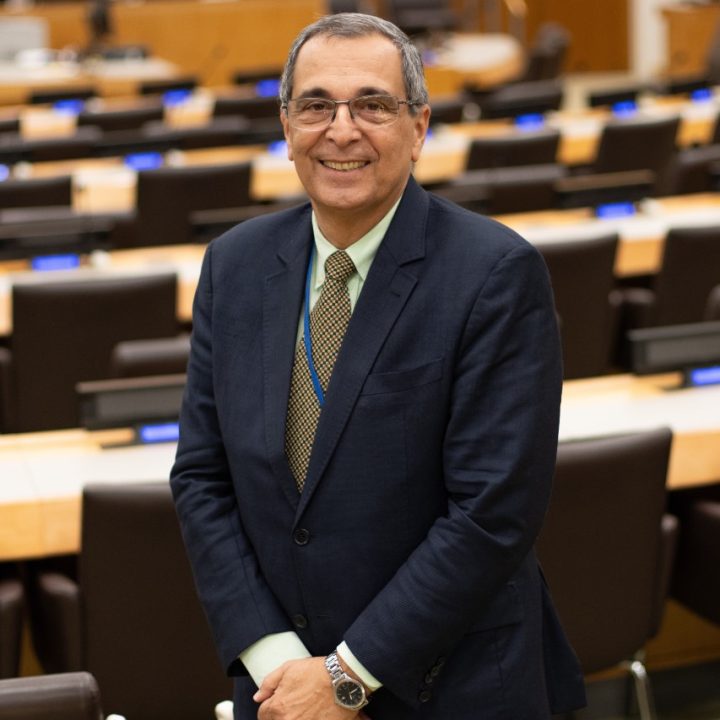
How Everyone Can Help Eradicate Misogynoir
As we think of how we can eradicate misogynoir, this intersectionality of racism and sexism that is wounding Black women in Brazil and across the globe, let’s call to mind the following words from the Universal House of Justice:
To distrust, fear, hate, or discriminate against another person or a whole group on the basis of ethnicity is a spiritual disease. It is also a scourge that infects social structures and causes instability. In this light, eradicating ethnic prejudice requires transformation at the level of both the individual and the social environment.
At the individual level, Iradj says “we have to empower women of African descent to recognize their potential.” This empowerment is “not a question of just giving some tools,” it’s embracing, loving, and being there for them. At the level of the social environment, Iradj expresses the need for us “to have policies established” and change “racist structures.”
He continued, “So what I can do as an individual is to implement action. This thought of: how can I be of service to another human being?”
You May Also Like
Comments



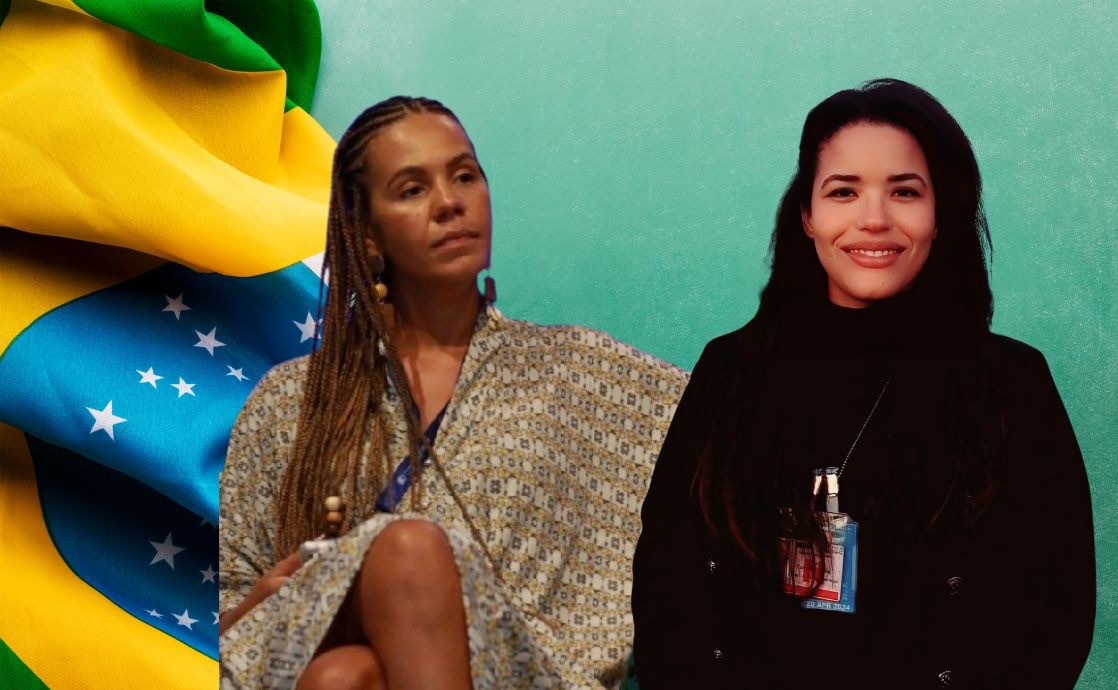

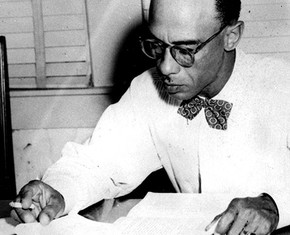
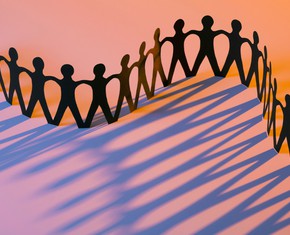
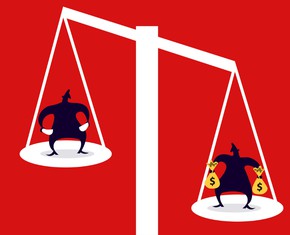









All around the globe we have trouble, of course, with our life style in many places destroying our environment--and with a number of nations with nuclear weapons, we need all the religions of the world to somehow pull together help calm things down. From their similar by different perspective. ...
Jim Lein